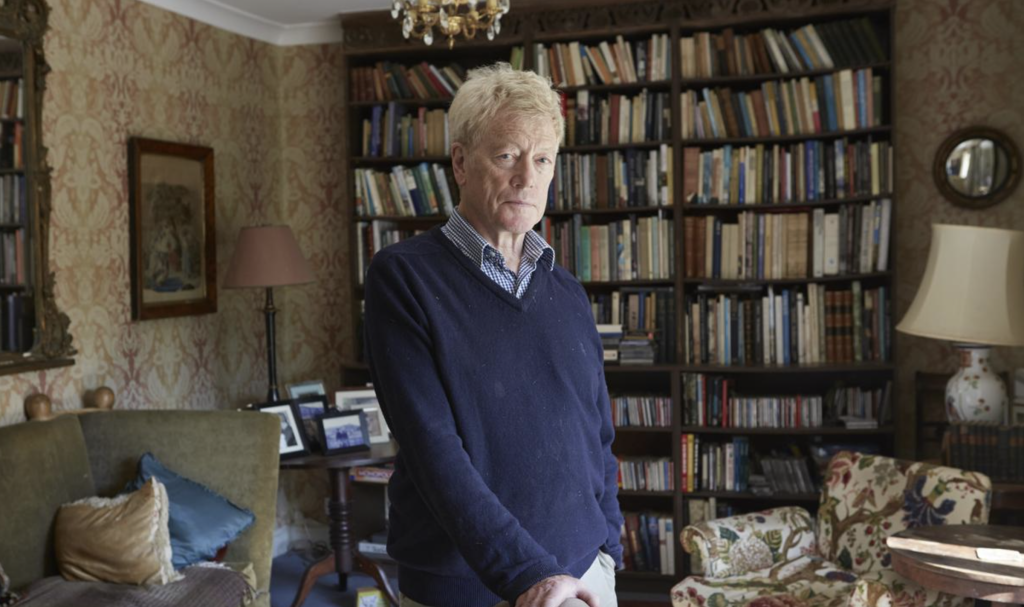Few philosophers of the 21st century have left as indelible a mark on the European intellectual landscape as Sir Roger Scruton.
Renowned for his profound insights into conservatism, aesthetics, and the human condition, Scruton’s influence extends far beyond the borders of his native Britain. One of the numerous intriguing facets of his life and work lies in his deep connection with Poland.
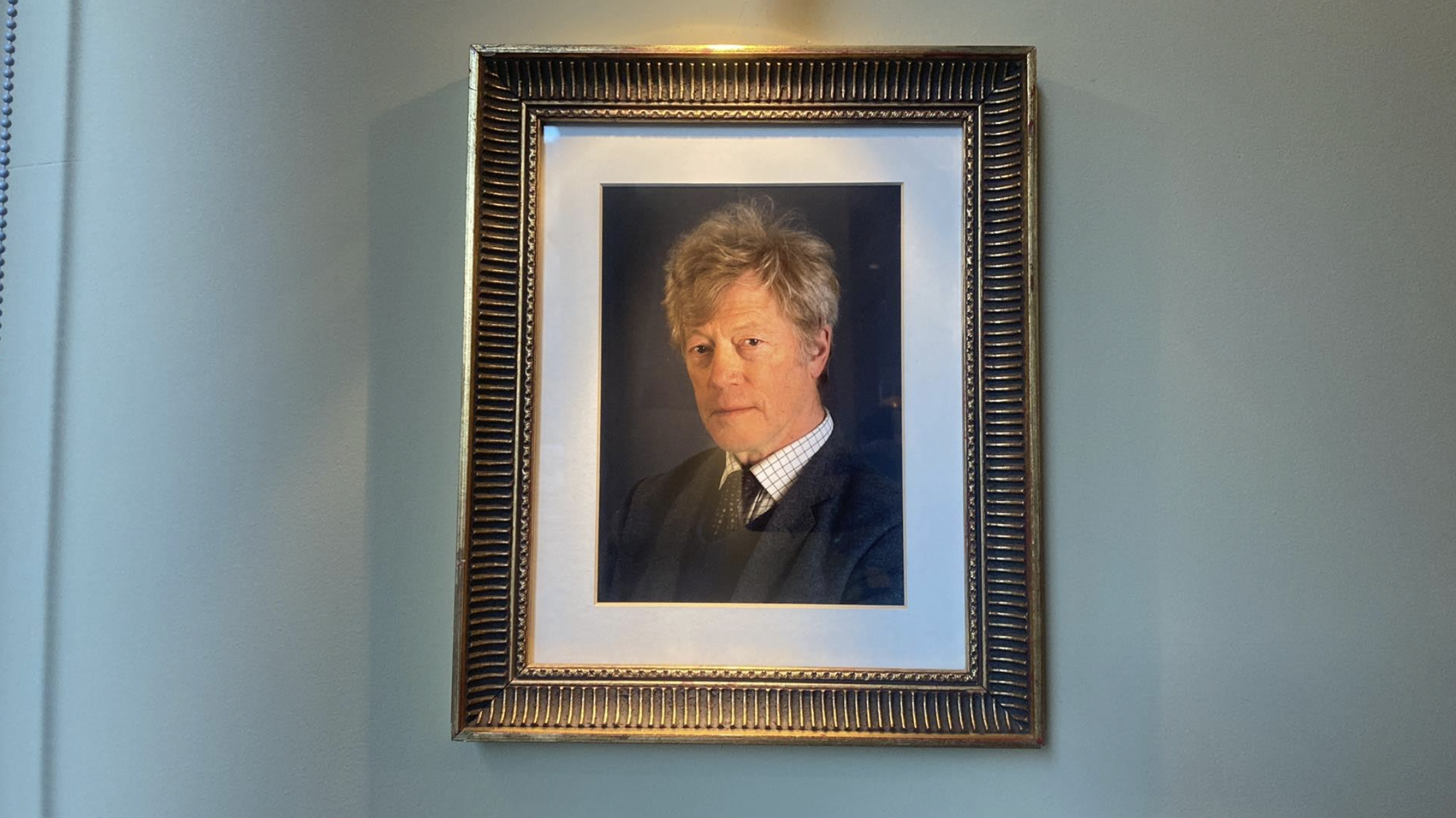
Scruton’s relationship with Poland can be traced back to the times of the Cold War. From the early 1980s, the British thinker regularly visited his Polish relatives and friends in their homeland under Communist rule. Scruton bonded with local dissidents and intellectuals such as Leszek Kołakowski, Ryszard Legutko, Ryszard Terlecki, and Marek Kuchciński to name but a few.

For example, Marek Kuchciński (Poland’s Speaker of Parliament between 2015 and 2019) organised informal meetings in the attic of a house in his hometown, Przemyśl. “Strych Kulturalny” (The Cultural Attic) became even more than just a meeting group for freedom fighters and happy dreamers. Kuchciński, Scruton et consorts even launched a magazine bearing the name of their secret spot. When it comes to bilateral relations between Warsaw and London, Scruton and his Polish friends from the Podkarpacie region organised events such as the Polish-British Citizens’ Conference.
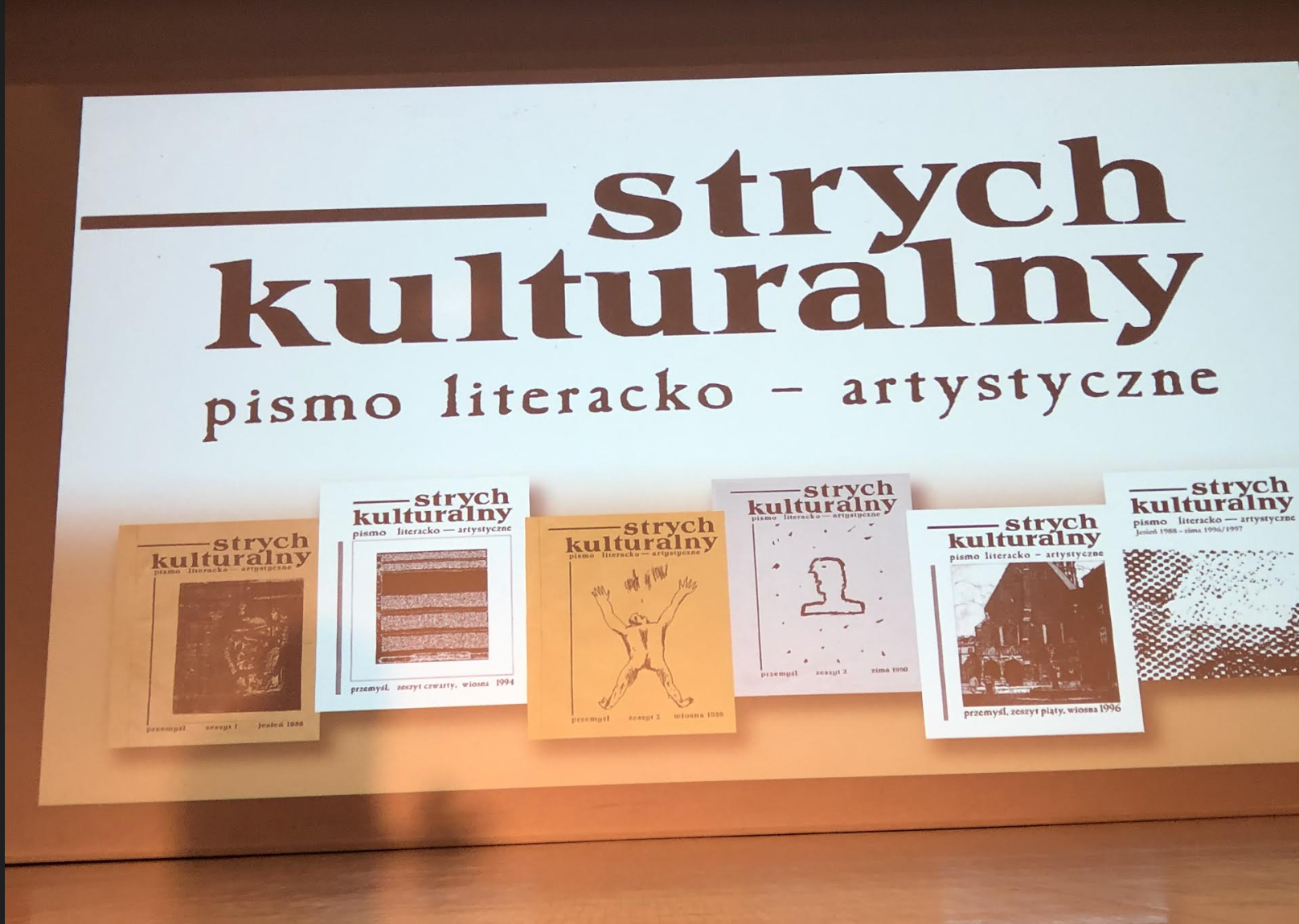
Scruton held Poland in high regard, viewing the country as emblematic of many values and principles he held dear. He also admired Poland’s intellectual and literary tradition. He studied the works of Polish philosophers, writers, and artists. These include Witold Gombrowicz, Czesław Miłosz, and Stanisław Lem. Throughout his life, he expressed admiration for Poland’s cultural heritage, its resilience in the face of adversity, and perhaps most importantly, its commitment to preserving national identity and tradition.

One of the central themes in Scruton’s appreciation of Poland was its struggle against communism. During his repeated visits to Poland, the British philosopher shared a feeling he had that some of the absurdities typical of Communism could also be observed in his homeland, such as a disdain for beauty and a limitation of freedom of speech.
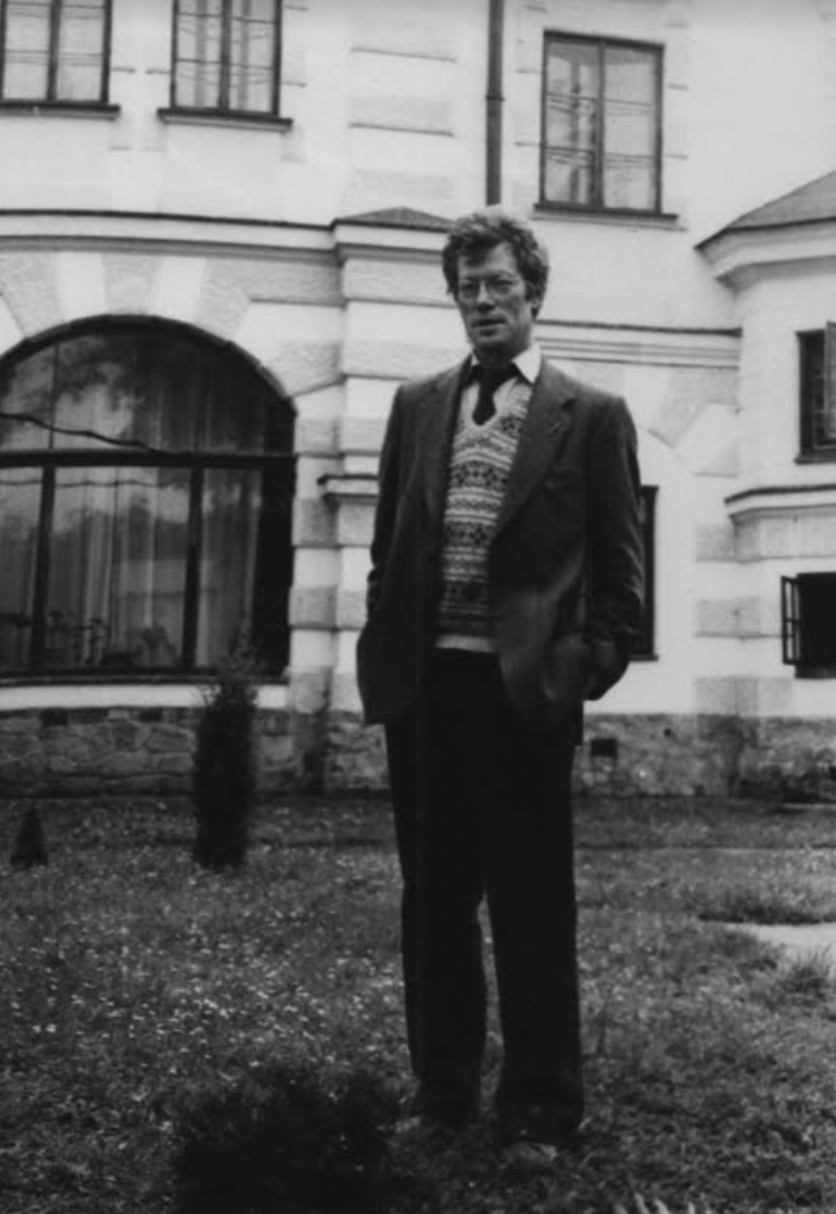
Today, Roger Scruton’s legacy looms large in Poland, where he is revered as a towering figure in the defence of conservative values and the preservation of Western civilisation.
His intellectual contributions, his personal friendships, and his support for Poland’s struggle for freedom have earned him a special place in the hearts of many Poles.
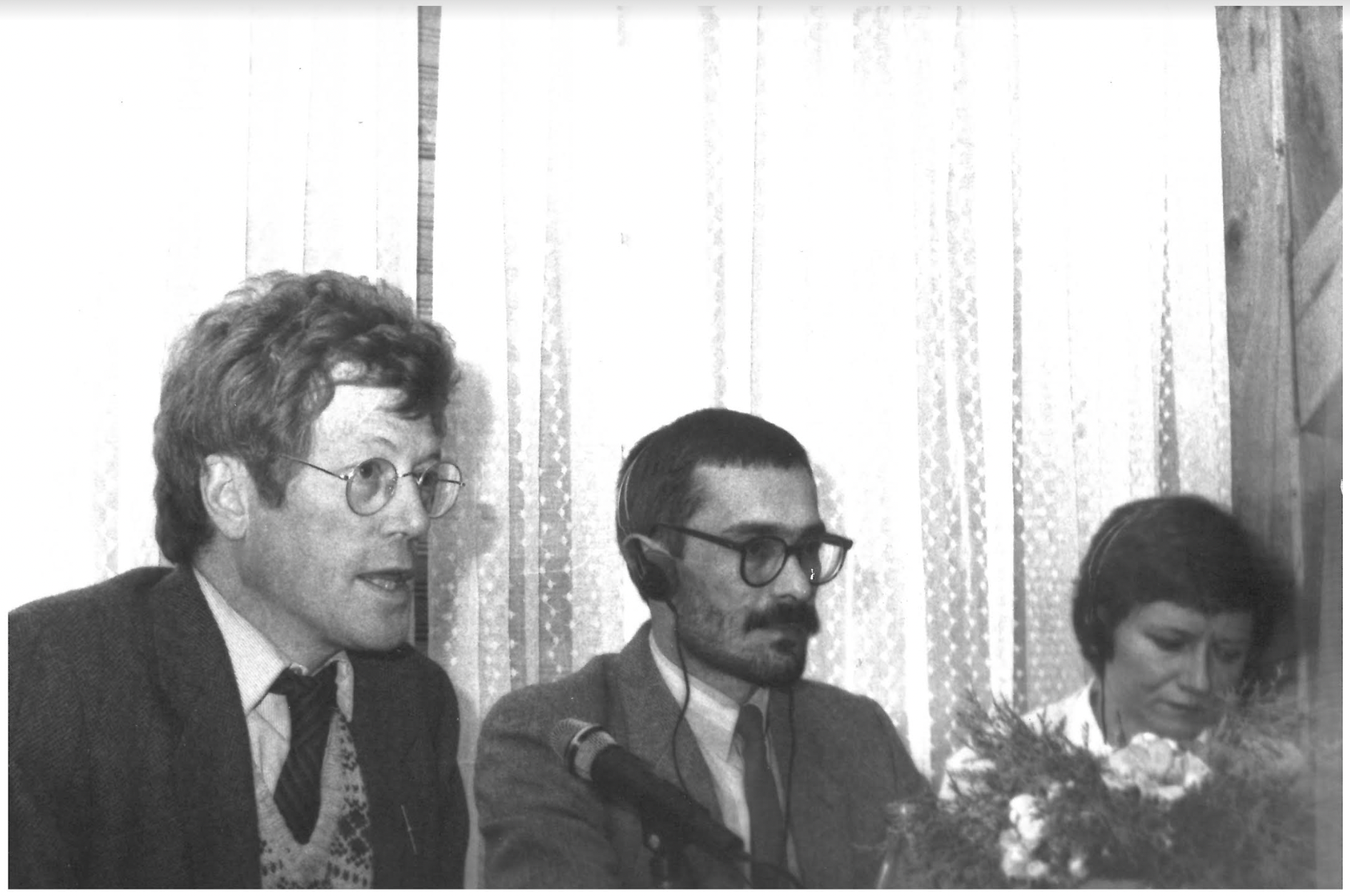
On 4 June 2019 he was awarded the highest Polish honour for foreigners. The Order of Merit is the highest state honour than can be awarded to non-Poles who have rendered great service to Poland.
Previous recipients of the prestigious Order include Ronald Reagan, Richard von Weizsacker, President George H.W. Bush, Henry Kissinger and Madeleine Albright. Polish President Andrzej Duda presented him with the Grand Cross of the Order of Merit as a sign of recognition of his “extraordinary efforts in supporting the democratic transformation in Poland and for developing Polish-British academic and scientific exchange”. You can read more about it in our article Sir Roger Scruton awarded highest Polish honour for foreigners – VIDEO.
Sir Scruton died after six-month cancer battle on 12 January 2020.
Images: British Poles / Przemyskie Towarzystwo Kulturalne
Author: Sébastien Meuwissen


